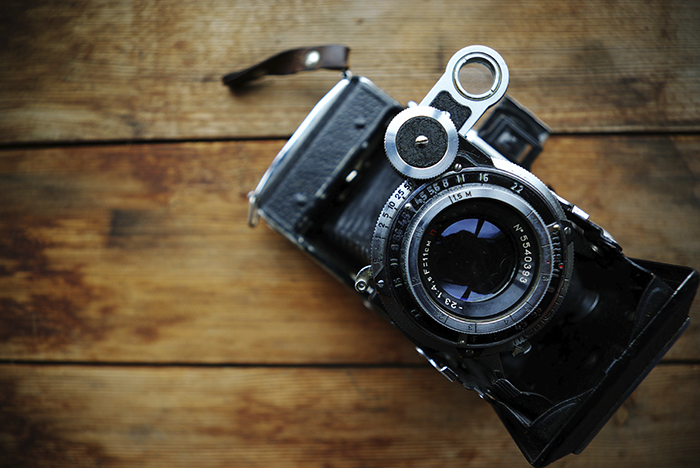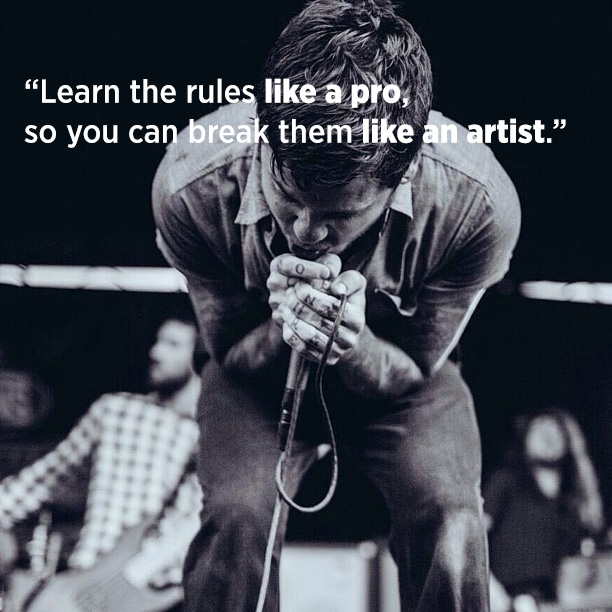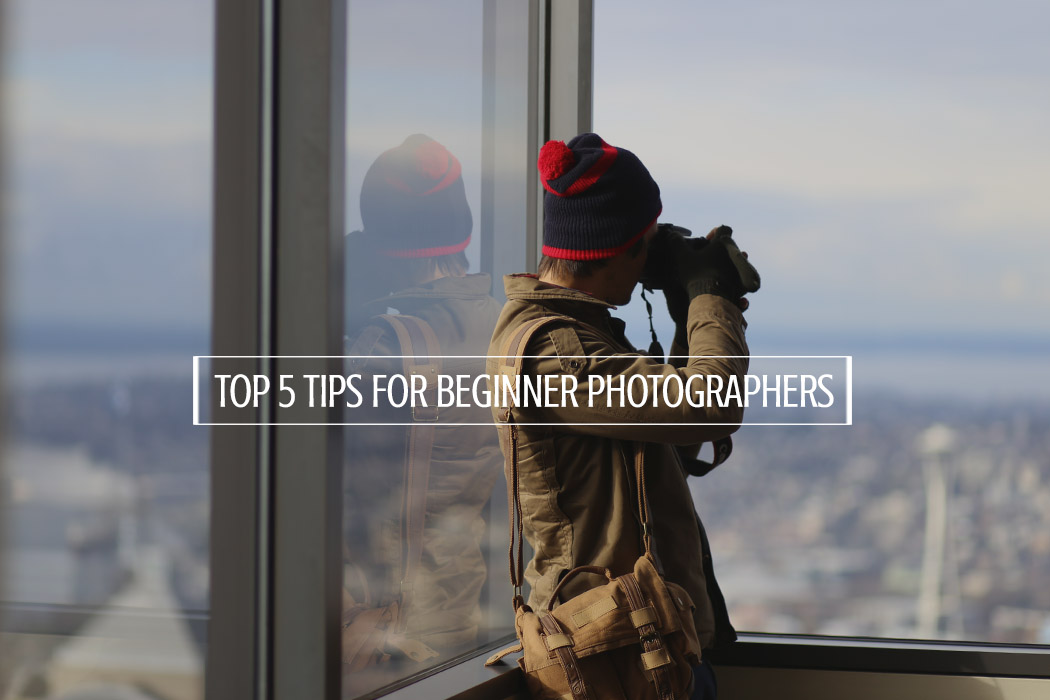Want to become a better photographer? If you’re just getting started, use these 5 tips to help focus your photography game and hone your skills.
Tip #1: Don’t go out and buy an expensive DSLR right away.
While a 5D Mark III from Canon would obviously be a nice start to your photography business, it won’t make you better right away. In fact, it could be too much too soon, and for $3000+, that’s not an investment you want to make until you’re absolutely certain photography is something you’re going to pursue with passion. Instead, invest in a prosumer camera like the Canon 60D or T5I. The specs are close to Canon’s top level DSLRs for a fraction of the price. It will be more camera than you need for a long time.
Tip #2: Take a lot of pictures to discover your style.
They say your first 10,000 hours, or 10 years, are your worst. You’re probably not going to be great right away. That’s okay. The secret of any artistic endeavor is that it takes a long time to discover your style. If you love taking pictures of landscapes, be a landscape photographer. If you love taking pictures of dogs, be a dog photographer. Don’t chase wedding or newborn photography just because you’ve seen somebody make money doing it — that’s the quickest way to get burned out and forget why you started.

Tip #3: Learn the basics of photography before you become obsessed with gear.
The cool thing about photography is that the basics don’t change no matter which camera you’re using. We have an old film Canon SLR from the 50s that Hailee’s grandfather gave to her. Every time we load in the film, we have to set the ISO, aperture, and shutter speed. Same goes for when we pick up the Canon 6D to shoot engagement photos. When you understand those three settings and how they talk to each other, you can use any camera on the planet.

Tip #4: Learn to understand light
This is kind of the next step to tip #3. Once you understand how photography works and the way you can manipulate a camera to execute your vision, then it’s time to really start experimenting with light (and shadows). Light is essentially the heartbeat of photography. Without your heart, you die. Without light, photography dies. There are literally 500+ page books written about light and how to use it your advantage in photography. Some of our favorites include:
Tip #5: Learn basic editing skills
When you see a photo and think man, “that looks professional”, it’s at least 50% because of editing. While Instagram has become a quick an easy way to edit photos, the ones that are really turning heads use more advanced techniques. Our go-to app for editing on the iPhone is VSCO and on the desktop we use Lightroom and Photoshop. Obviously, if your new to photography, exploring this software will take time. The main things you want to focus on in the beginning:
- Exposure: The amount of light in the photo. The more exposed the photo it is, the brighter it is, and vice versa.
- Contrast: Amateurs tend to oversaturate and over-contrast their photos. It’s a quick way to make photos bright, but it’s easy to spot a photo that employed these quick techniques vs. more subtle edits.
- Temperature: The temperature of the photo should more or less match the temperature/mood of the day, time, and place you’re shooting in. If you’re inside a cold warehouse, it doesn’t make sense for the photo to have a yellow tint. If you’re outside on a beautiful sunny beach day, the photo shouldn’t look blue/cold. Remember, these are guidelines, and there are always exceptions. But, it’s best to learn the rules like a pro, so you can break them like an artist.
But, it’s best to learn the rules like a pro, so you can break them like an artist.

You’ll notice a few things that aren’t included in our top 5 tips that some photographers may think should be. Things like composition, depth of field, and perspective. While, we think those are important, they are “next-level”, or a bit beyond the scope of this post.


